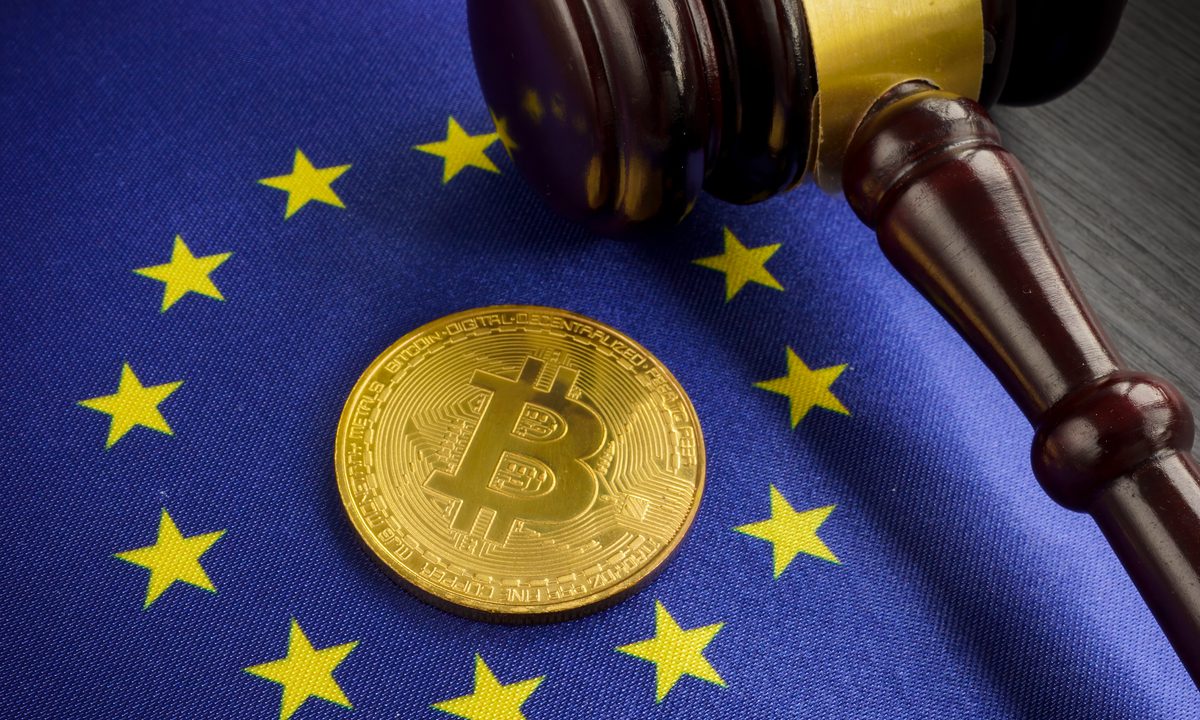The European Crypto Asset Markets (MICA) regulation, which forms the main framework of the status of Bitcoin (BTC) and cryptocurrencies in Europe and the regulations that may be encountered in the future, was signed by the European Union at the end of May.
After that, the last step was taken for MICA, which remained in effect, and MICA was published in the official gazette.
According to the news of Coindesk, MICA has been published in the Official Journal of the European Union (OJEU) and the countdown has begun for the enactment of important crypto licensing rules.
Legally, MICA will enter into force within 20 days after its publication in the official gazette.
However, some provisions of MICA will enter into force on 30 June 2024 and some provisions will enter into force on 30 December 2024.
Binance CEO CZ also shared about the publication of MICA in the official newspaper.
"Important dates for the industry are approaching, MiCA has now been published in the official journal of the EU.
This means that crypto businesses now have strict timelines for implementing and complying with MiCA's requirements.
The stablecoin rules are effective from June 30, 2024 and the exchange rules are effective from December 30, 2024.
As Binance, we are already preparing and we will be ready. It offers exciting opportunities for compliant businesses in Europe."
Important dates for the industry coming up, MiCA has now been published in the official journal of the EU: https://t.co/in3qlQO3wV
This means crypto businesses now have firm timelines to implement and be compliant with MiCA's requirements. Stablecoin rules apply from June 30,… https://t.co/qQtZbxZWqV
— CZ 🔶 Binance (@cz_binance) June 9, 2023
MICA, which is the first EU regulation to oversee the crypto money industry, aims to make the area that policy makers describe as the wild west of crypto assets more controllable.
One of the biggest features of MICA is that it sets rules for licensing firms providing crypto services in the EU and regulates the issuance of stablecoins.
The MiCA bill was extended to ban Bitcoin trading for a while, but after the backlash, it was taken a step back.










